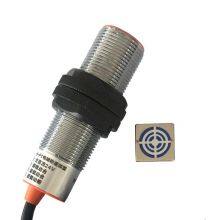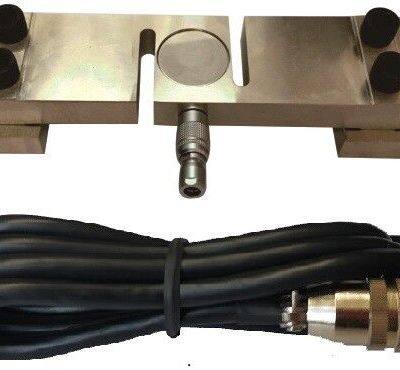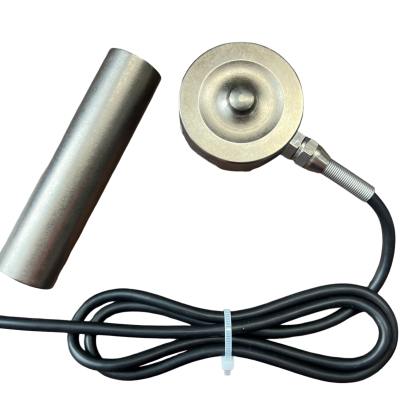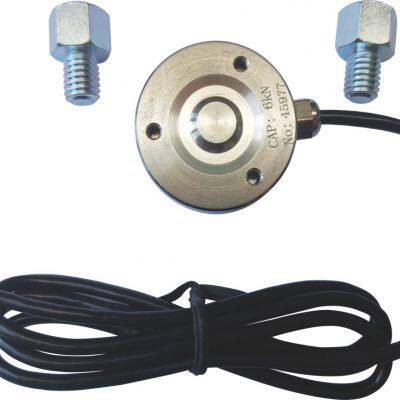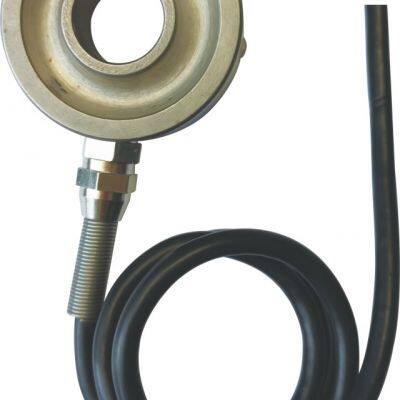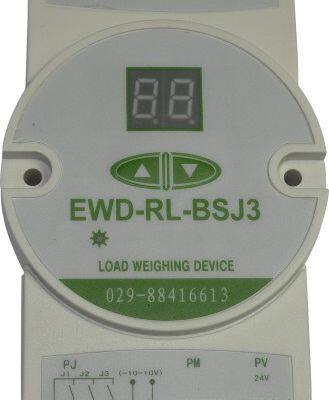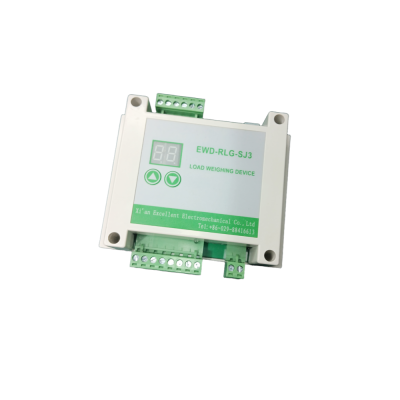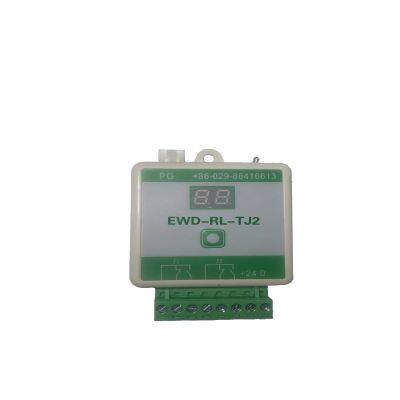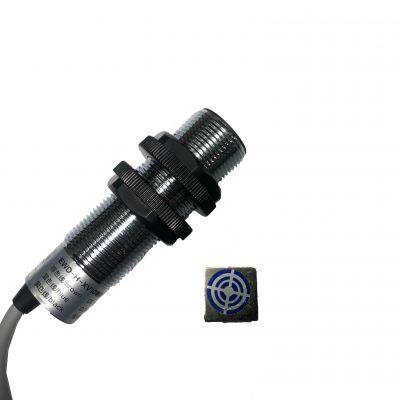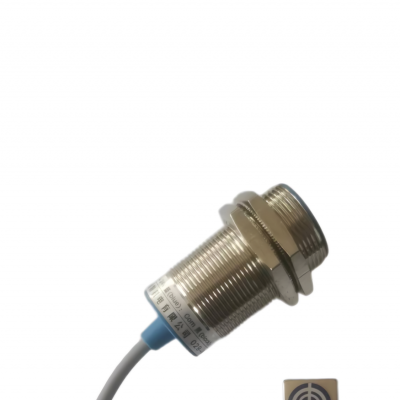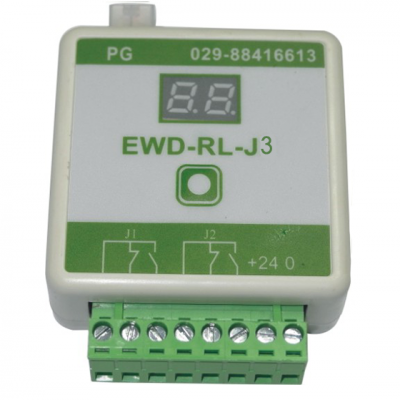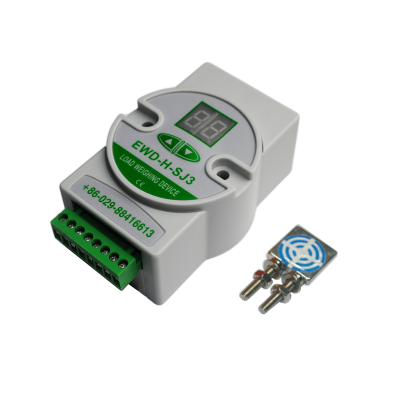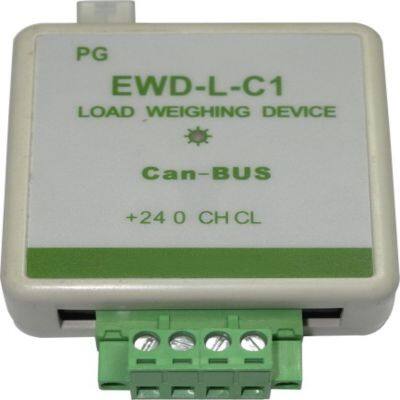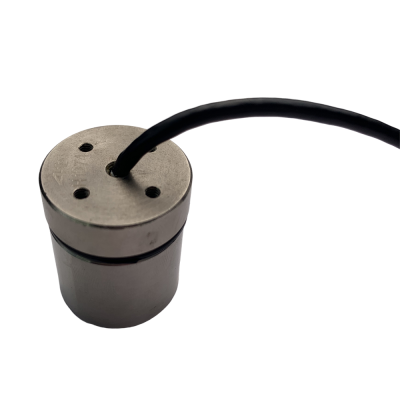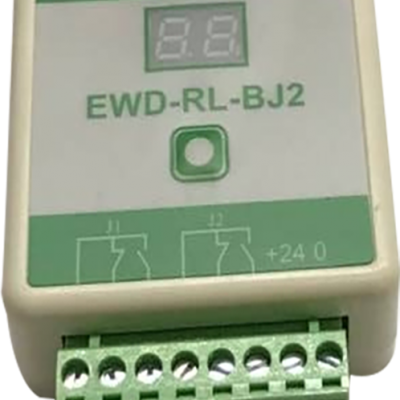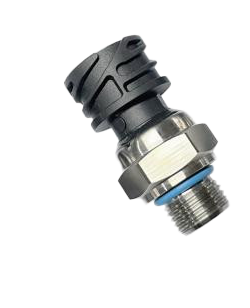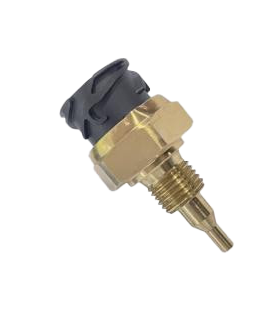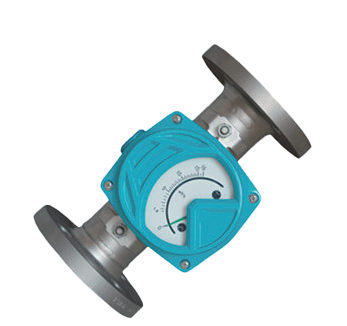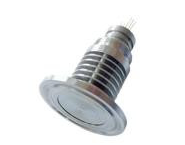How Sensors Will Transform Our Lives
In the not-so-distant future, sensors will become an inseparable part of our daily lives, quietly transforming the way we interact with the world around us. These tiny yet powerful devices, capable of detecting and measuring physical, chemical, or biological changes, are already beginning to shape the modern world. From smart homes to personalized healthcare, sensors are paving the way for a more connected and efficient future.
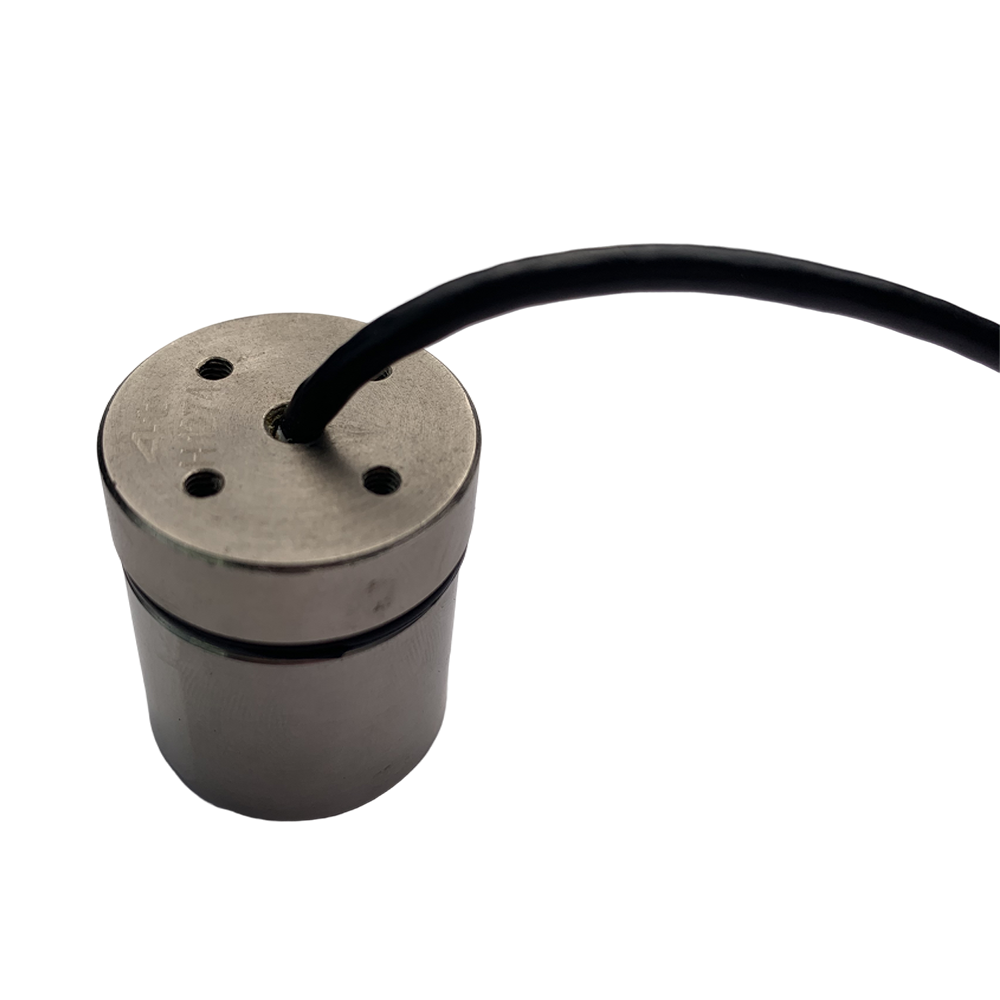
One of the most noticeable changes brought by sensors is the rise of smart homes. Imagine walking into your house, where the lights automatically adjust to your preferred brightness, the thermostat regulates the temperature based on your habits, and your favorite playlist starts playing as soon as you enter the room. Sensors embedded in door locks, motion detectors, and smart appliances make this scenario a reality. They enable our homes to "understand" our needs and preferences, creating a seamless and personalized living experience.
Moreover, sensors can enhance home security. Motion-activated cameras, smoke detectors, and leakage sensors provide round-the-clock monitoring, alerting homeowners to potential dangers. This level of automation not only saves time but also improves safety, giving us peace of mind.
In the healthcare industry, sensors are revolutionizing the way we monitor and manage our health. Wearable devices like smartwatches and fitness trackers are already equipped with sensors that monitor heart rate, blood oxygen levels, and physical activity. These devices provide real-time data, allowing users to track their health and make informed decisions about their lifestyle.
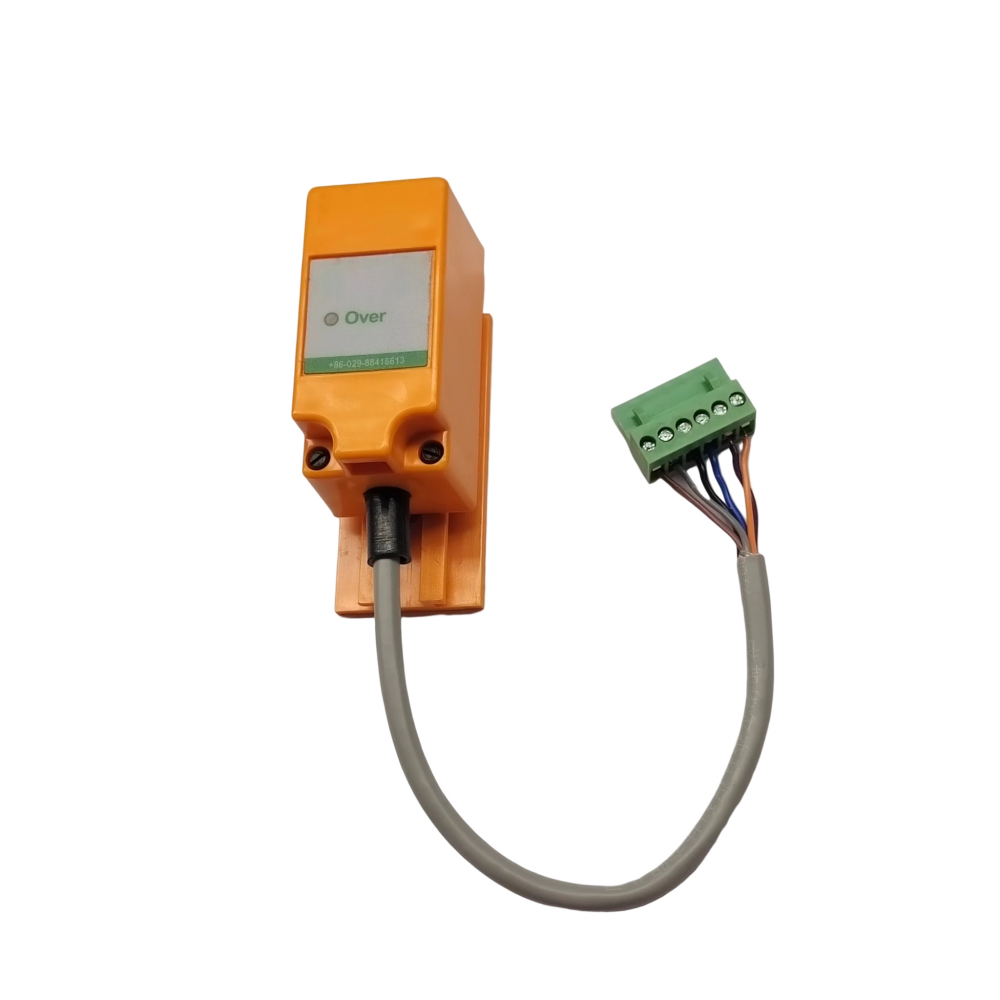
But the potential of sensors extends far beyond fitness tracking. Advanced sensors can detect early signs of diseases such as diabetes, cardiovascular conditions, and even certain types of cancer. For example, continuous glucose monitors for diabetic patients eliminate the need for frequent blood tests, offering a pain-free and convenient way to manage their condition. In the future, sensors may even be implanted in the body to monitor internal organs, enabling doctors to detect and treat issues before they become life-threatening.
3. Smart Cities: Efficient and Sustainable Urban LivingSensors are also playing a crucial role in the development of smart cities. By collecting data on traffic patterns, air quality, energy consumption, and waste management, sensors help cities operate more efficiently and sustainably.
For instance, traffic management systems equipped with sensors can reduce congestion by adjusting traffic lights in real-time based on the flow of vehicles. This not only saves time for commuters but also reduces fuel consumption and carbon emissions. Similarly, sensors can monitor air quality in real-time, alerting citizens to pollution levels and suggesting alternative routes to avoid high-pollution areas.
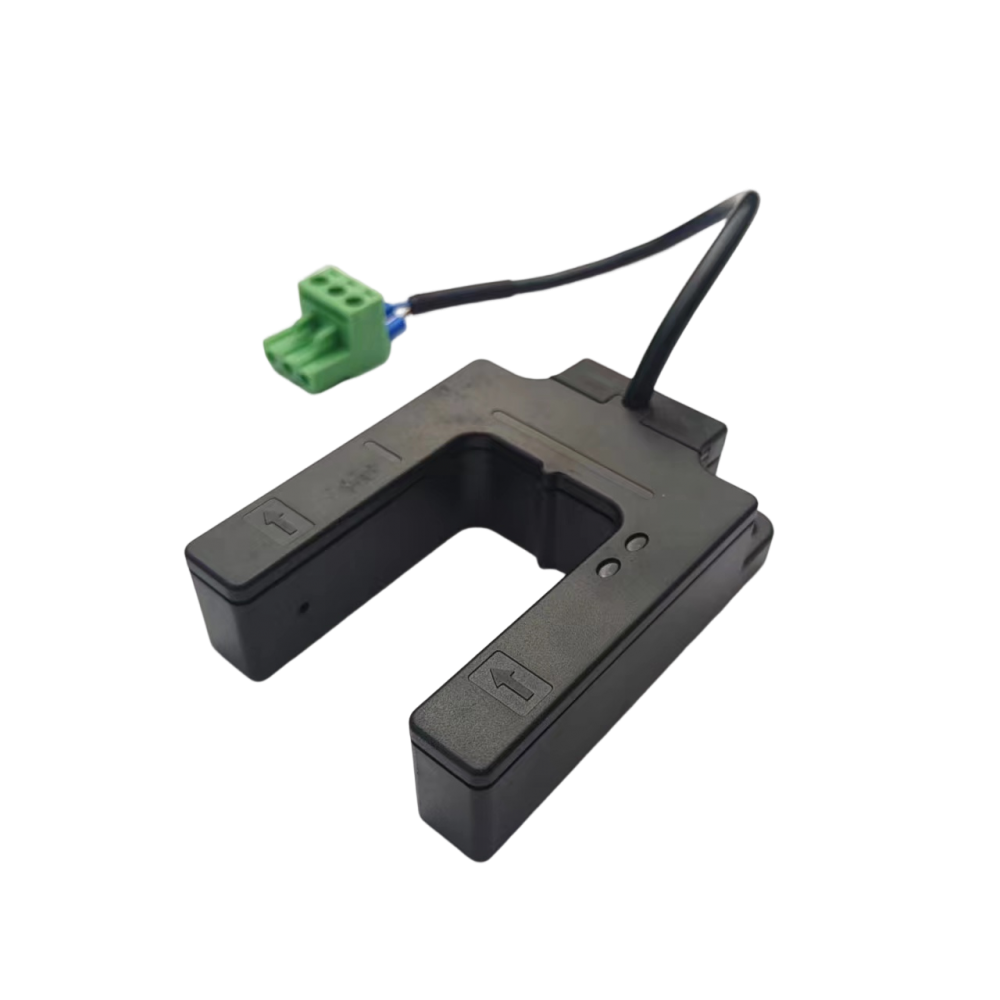
In addition, sensors can optimize energy usage in cities. Smart grids equipped with sensors can balance energy can balance energy supply and demand, reducing waste and lowering energy costs. This technology is essential for creating sustainable urban environments that can support growing populations.
4. Environmental Monitoring: Protecting Our PlanetSensors are also becoming indispensable tools for protecting the environment. From monitoring air and water quality to tracking deforestation and wildlife habitats, sensors provide critical data that helps us understand and address environmental challenges.
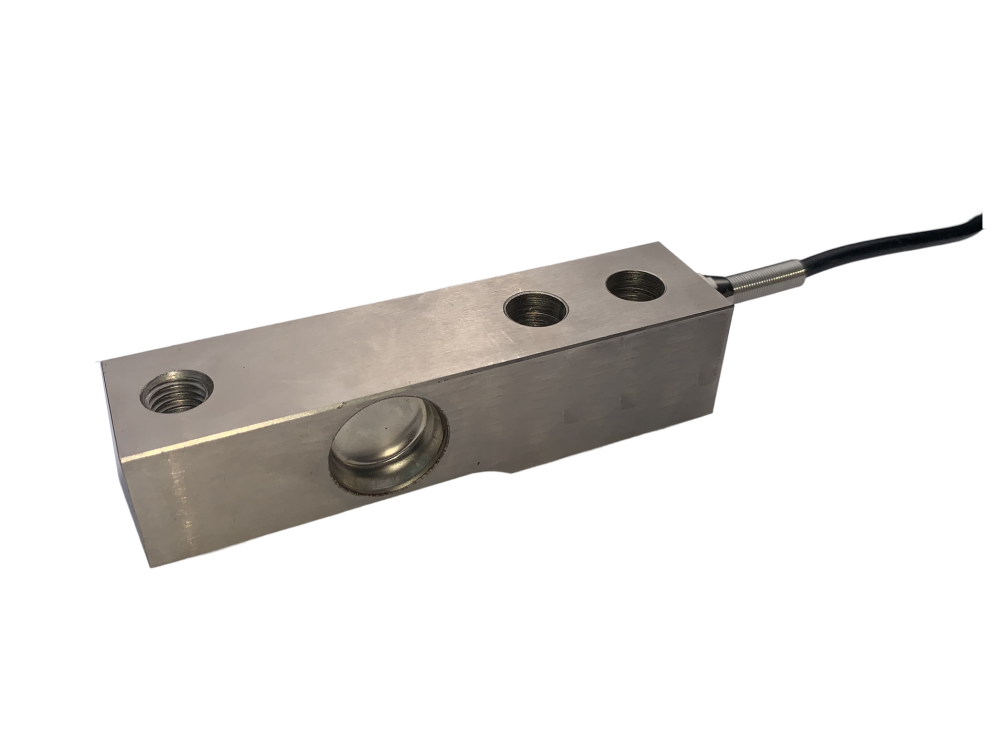
For example, sensors placed in rivers and oceans can detect pollutants, enabling faster and more effective cleanup efforts. Similarly, sensors in forests can monitor deforestation and alert authorities to illegal logging activities. By providing real-time data, sensors empower individuals and organizations to take proactive measures to preserve our planet.
5. The Future of Sensors: Beyond Our ImaginationAs technology continues to advance, the capabilities of sensors will only expand. Miniaturization and improved accuracy will make sensors even more versatile, while artificial intelligence and machine learning will enable them to process data more effectively. In the future, sensors may even be integrated into clothing, allowing us to monitor our health and environment in real-time.
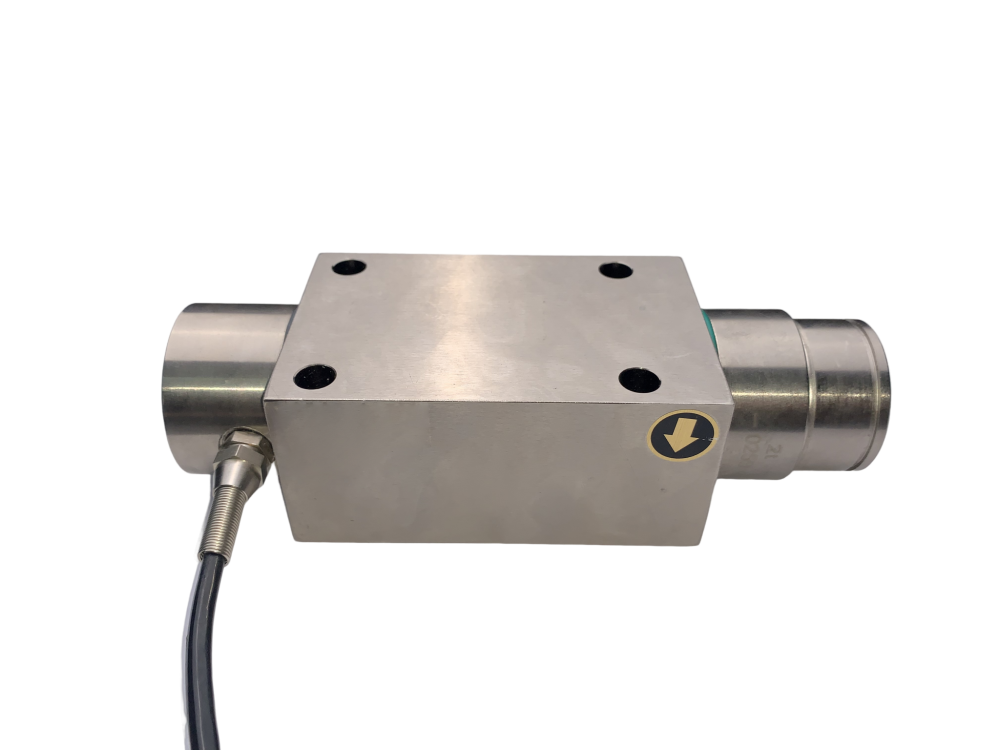
The possibilities are endless. Sensors could help us predict natural disasters, optimize agricultural production, or even enhance our interaction with virtual reality. As we continue to rely on sensors, they will become an integral part of our daily lives, making the world a smarter, safer, and more sustainable place.
ConclusionSensors are more than just technology; they are the building blocks of a smarter, more connected future. From improving our health and enhancing our homes to creating sustainable cities and protecting the environment, sensors are paving the way for a world that is not only more efficient but also more compassionate. As we embrace this technology, we are not just changing the way we live—we are redefining the very essence of our existence.
Recently Posted
-
Why Elevator Weight Measurement Equipment Is Essential for Modern Buildings
October 17, 2025Elevators are an essential part of modern buildings, providing efficient vertical transportation in residential, commercial, and i Read More
Read More -
Elevator Load Sensors: Choosing the Perfect Fit for Your System
October 15, 2025How to Choose the Right Load Sensors for Elevators: A Comprehensive GuideElevator load sensors are critical components that ensure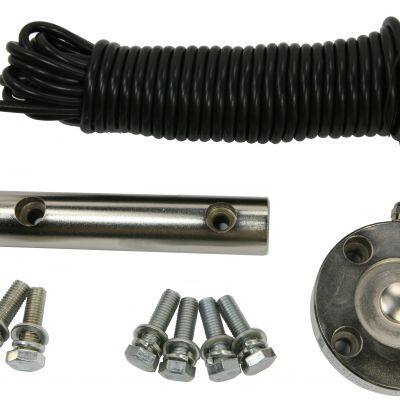 Read More
Read More -
Top Tips for Finding the Most Cost-Effective Elevator Weight Measurement Systems
October 11, 2025How to Find the Most Cost-Effective Elevator Weight Measurement SystemsWhen it comes to selecting elevator weight measurement syst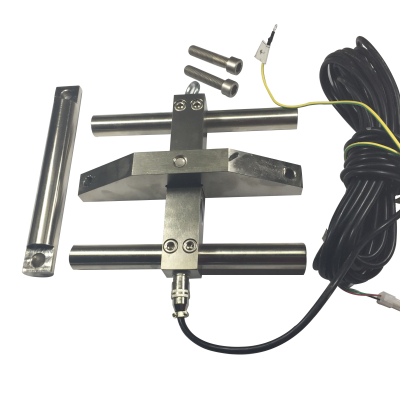 Read More
Read More -
Enhance Elevator Safety: A Comprehensive Guide to Choosing Weight Measurement Equipment
October 10, 2025How to Choose the Right Elevator Weight Measurement EquipmentElevators are essential components of modern buildings, and ensuring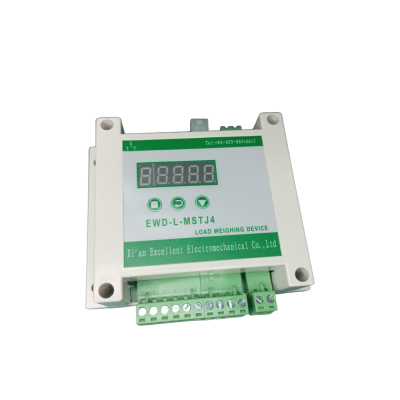 Read More
Read More

